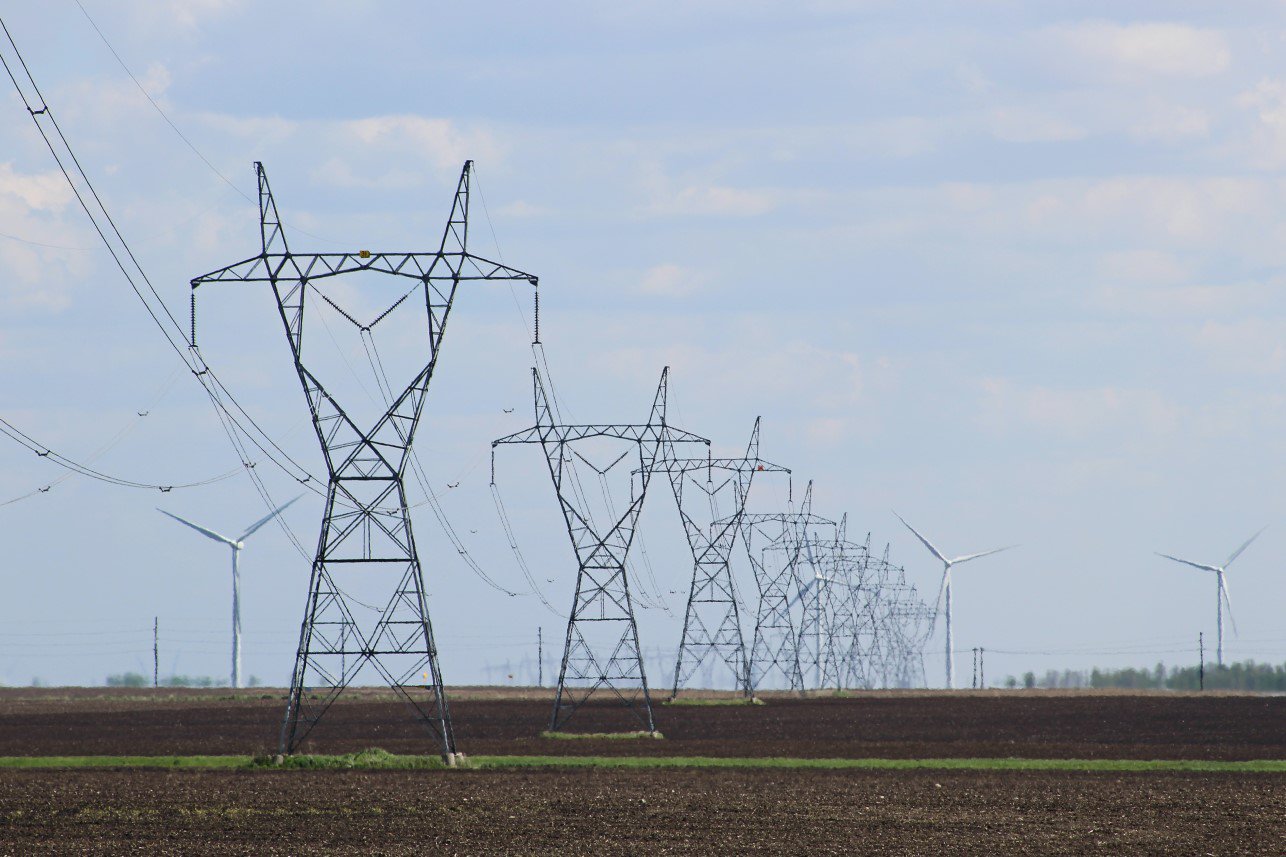April 2022
Summary
Quick links and resources |
|
Like and share the report. |
Our nation’s decisions about how to produce, transport, and use energy were once seen as the province of a narrow band of specialists and the interest of a small but committed group of consumer advocates. In recent years, however, energy policy has moved squarely into the public’s zone of concern. People are increasingly aware of energy’s profound implications for public health and safety, national security, and climate change. They’re realizing that energy policy is not only about heating and cooling homes more efficiently, transitioning away from fossil fuels, and achieving “energy independence.” It’s also about equity and justice, regardless of wealth or background. It’s about shaping the decisions that profoundly affect our lives and our future. It is about democracy.
Yet, as members of the public tune into debates over energy policy, they face considerable barriers that prevent them from engaging with those who make energy-related decisions on our behalf. Like many government agencies, the Federal Energy Regulatory Commission (FERC) does not meaningfully engage the public in its various administrative proceedings. This is important because FERC oversees much of the nation’s energy infrastructure and sets energy market rules, rates, and reliability standards. As a result of limited measures for public participation within this influential agency, only the most sophisticated and privileged among us (often those paid to advocate for corporate interests and the wealthy few) have real power to influence important policymaking processes within FERC.
Structurally marginalized groups face the highest barriers to participation and pay the highest price for lack of access. Long subject to environmental racism, low-income communities of color are more likely to experience higher rates of illness — and shorter lifespans as a result — due to energy-related harms. Low-income communities, as well as the elderly and disabled, also experience disproportionate energy burdens, meaning that they must allocate a higher percentage of their income to energy. Decision-making about energy rates and new infrastructure substantially affects these people’s lives, yet these groups often lack the resources or physical proximity to decision-making processes to fully or effectively participate in them. And even amid a digital revolution that has democratized access to information, a pandemic that has normalized and increased remote work and learning, and massive social movements demanding racial justice, federal agency rulemaking has become more technocratic and still fails to take environmental justice into full account.

It is past time for federal regulatory agencies to better engage the public and incorporate their unique on-the-ground perspectives to inform their work and make better, fairer decisions. To its credit, FERC is taking steps to do so and has created a new leadership role focused on environmental justice and equity. A major structural change is also underway: after decades of delay, FERC is now creating a new Office of Public Participation (OPP) to empower the public through more inclusive and responsive policymaking processes.
This report provides core constituencies — agency policymakers, advocates for energy justice, and members of the public who are concerned about our energy future — with the information they need to ensure the OPP achieves its goal of promoting greater energy democracy at FERC. It begins by describing FERC’s role in energy policy and how its actions impact Americans; it then reviews FERC’s progress thus far in constituting the OPP. Finally, it offers recommendations to ensure the OPP achieves its goals and lessons to enhance regulatory democracy and equity across all federal regulatory agencies.
Recommendations for the Office of Public Participation
- Audit FERC’s existing procedural requirements for participating in the agency’s natural gas proceedings and identify opportunities for streamlining and simplification.
- Serve as the main point of contact with communities affected by natural gas pipeline development.
- Develop new tools and practices for “translating out” technocratic FERC proceedings to make their impacts understandable, relevant, and actionable to the public. Specifically, OPP staff should:
- Identify proceedings where structurally marginalized groups have the most interest.
- Provide trainings, layperson-oriented informational materials, and designated point people to respond to inquiries from community members.
- Improve participation and transparency in regional governance processes.
- Ensure that adequate resources are dedicated to carrying out these tasks in a timely and effective manner.

- Explore available options for making Regional Transmission Organizations (RTOs) and Independent System Operators (ISOs) — nonprofit entities that carry out important grid management work on FERC’s behalf — more inclusive of and responsive to members of the public. The OPP should develop a comprehensive set of recommendations for achieving this goal and share them with relevant policymakers.
- Follow these principles when designing FERC’s “intervenor funding” program:
- Broadly construe “costs” eligible for compensation and reject cost caps.
- Prioritize funding for structurally marginalized communities.
- Minimize uncertainty as much as possible for groups seeking intervenor funding.
- Promote program integrity by integrating institutional independence into the intervenor funding implementation process.
- Take necessary steps to bring about a change in FERC’s internal culture so that it genuinely values and embraces public engagement.
If done right, the OPP could be the federal government’s first meaningful step toward true energy democracy. As such, it could be a model for regulatory democracy writ large, one that is embraced and emulated by agencies across the federal government. The stakes — for equity and justice, for democracy and independence, and for our planet — are high.

